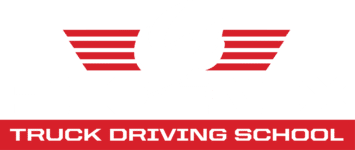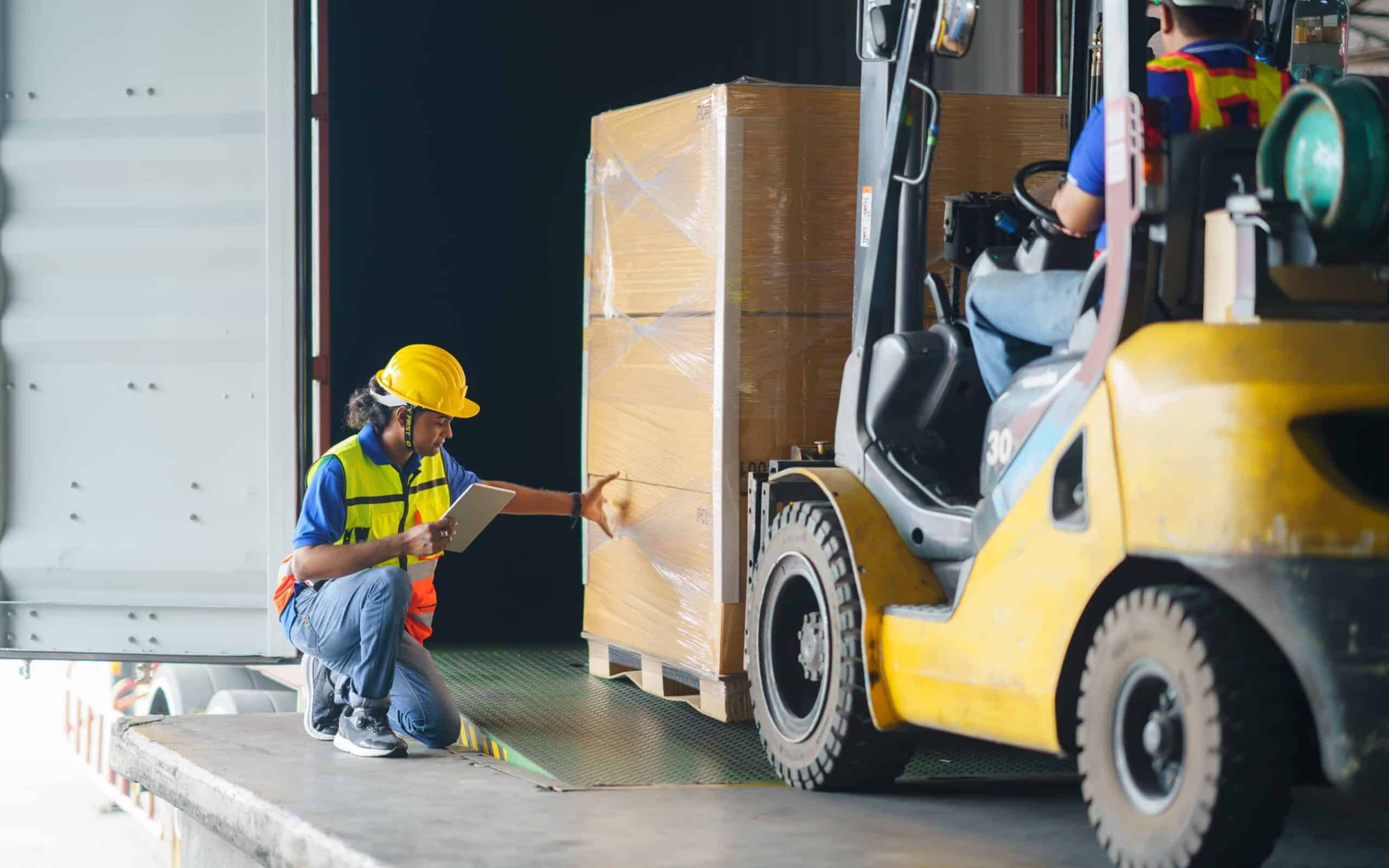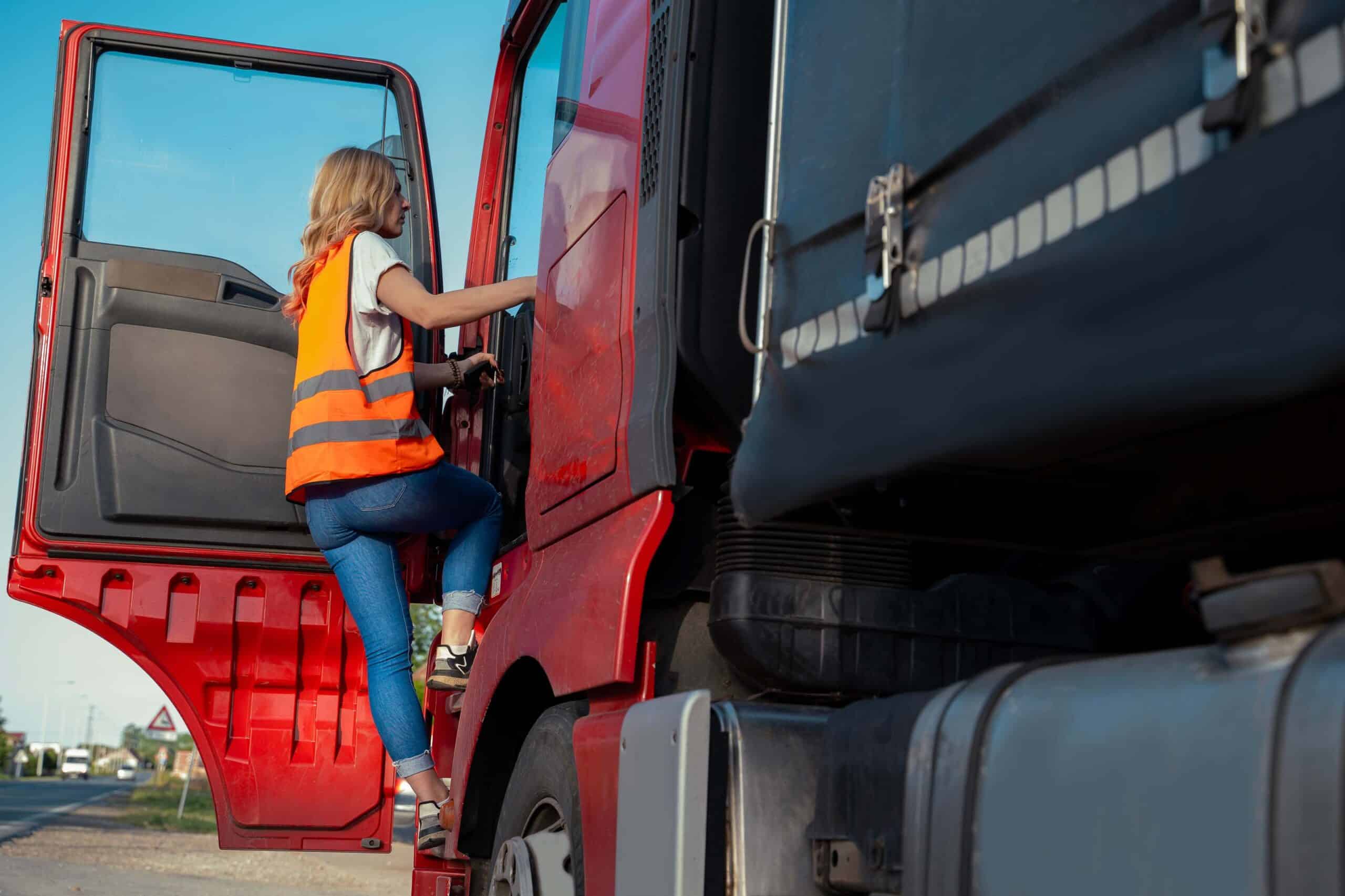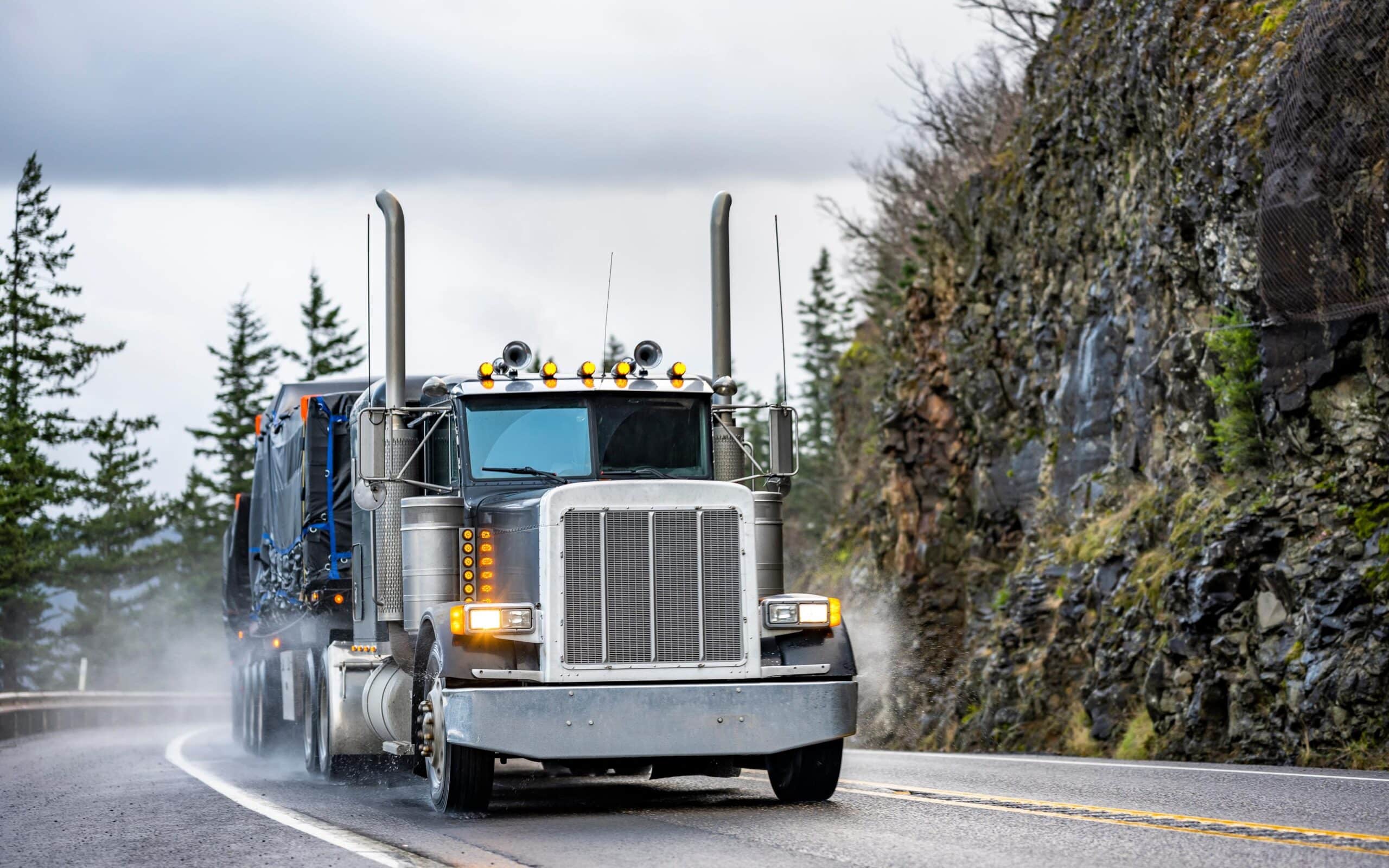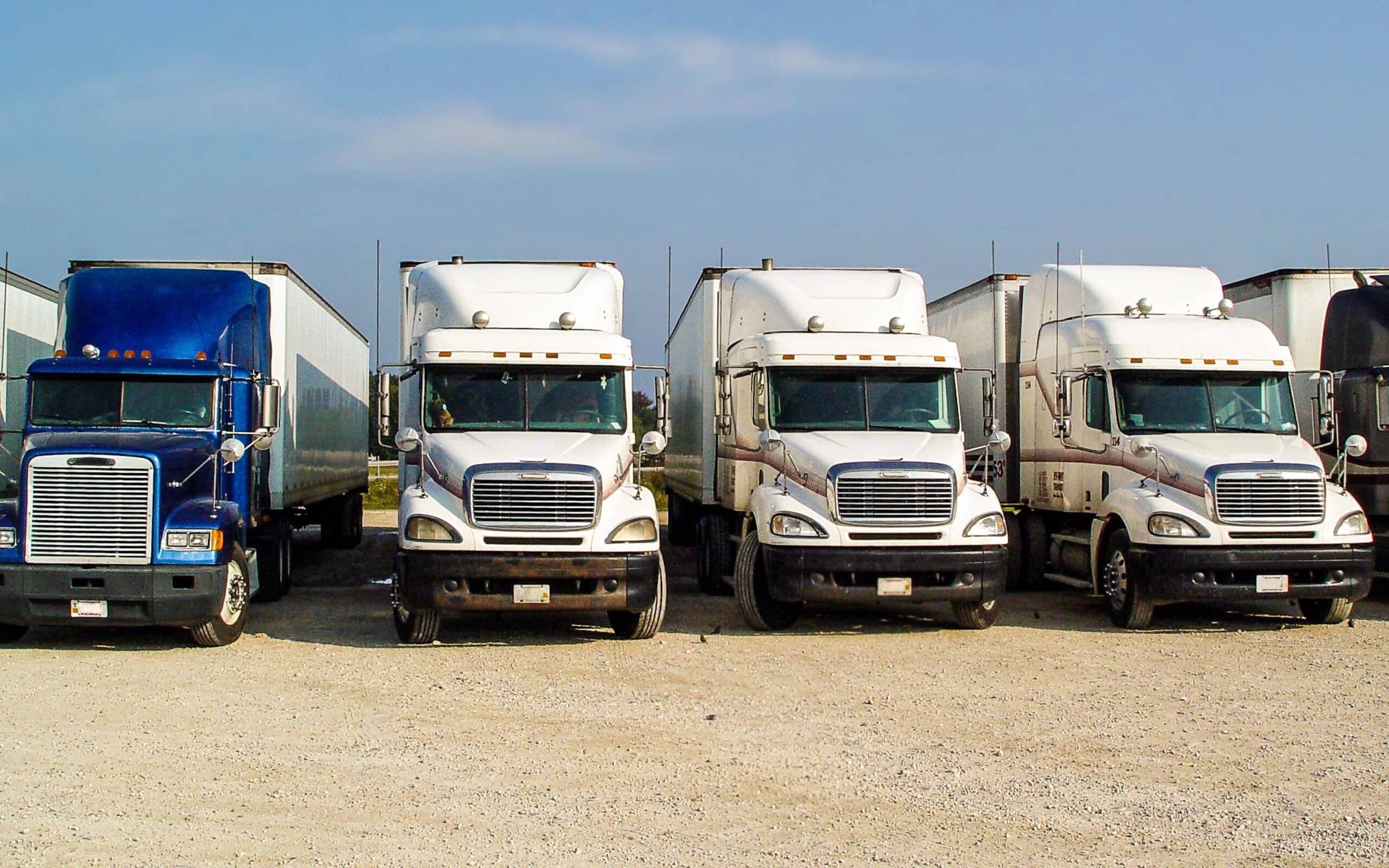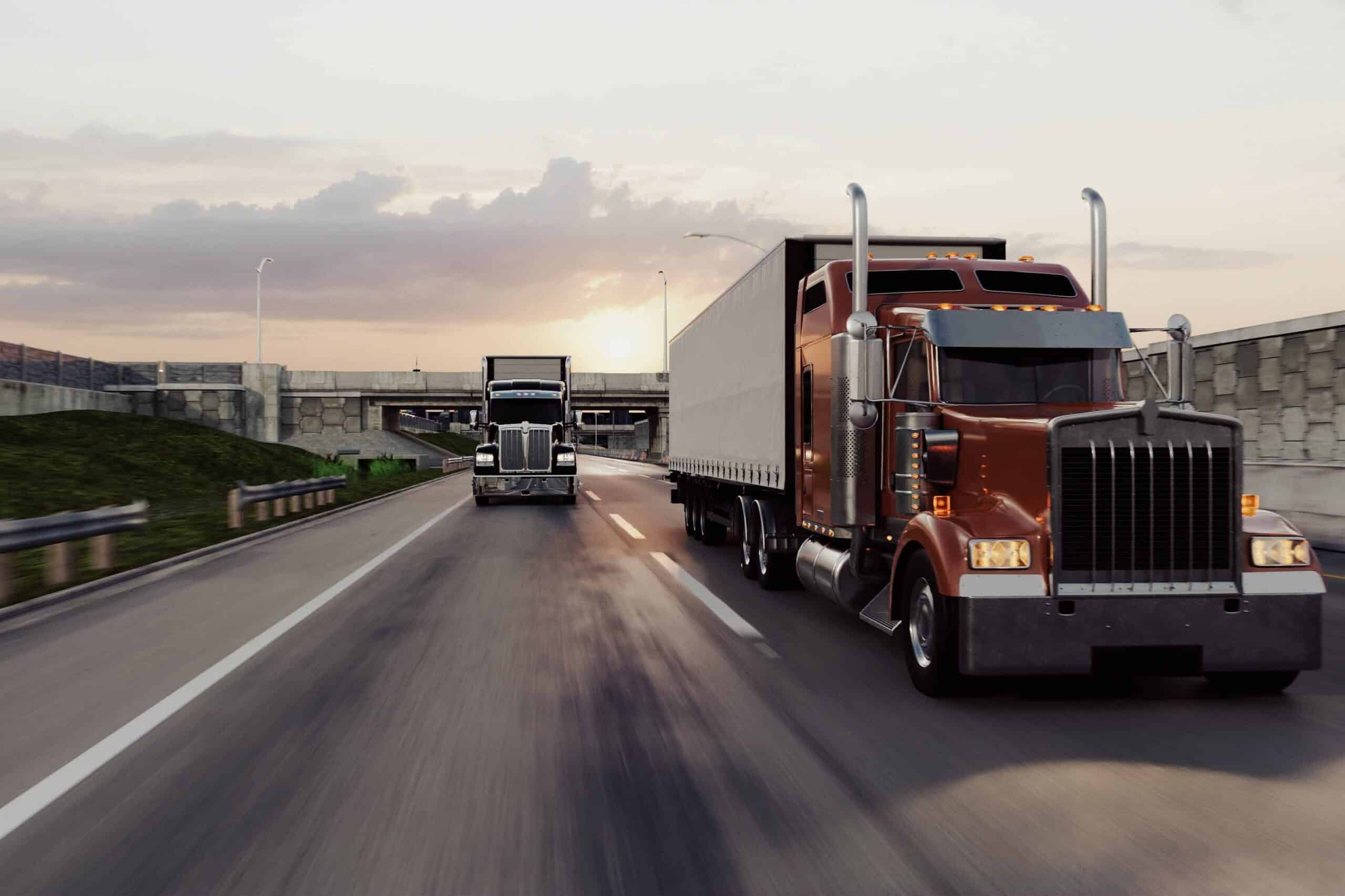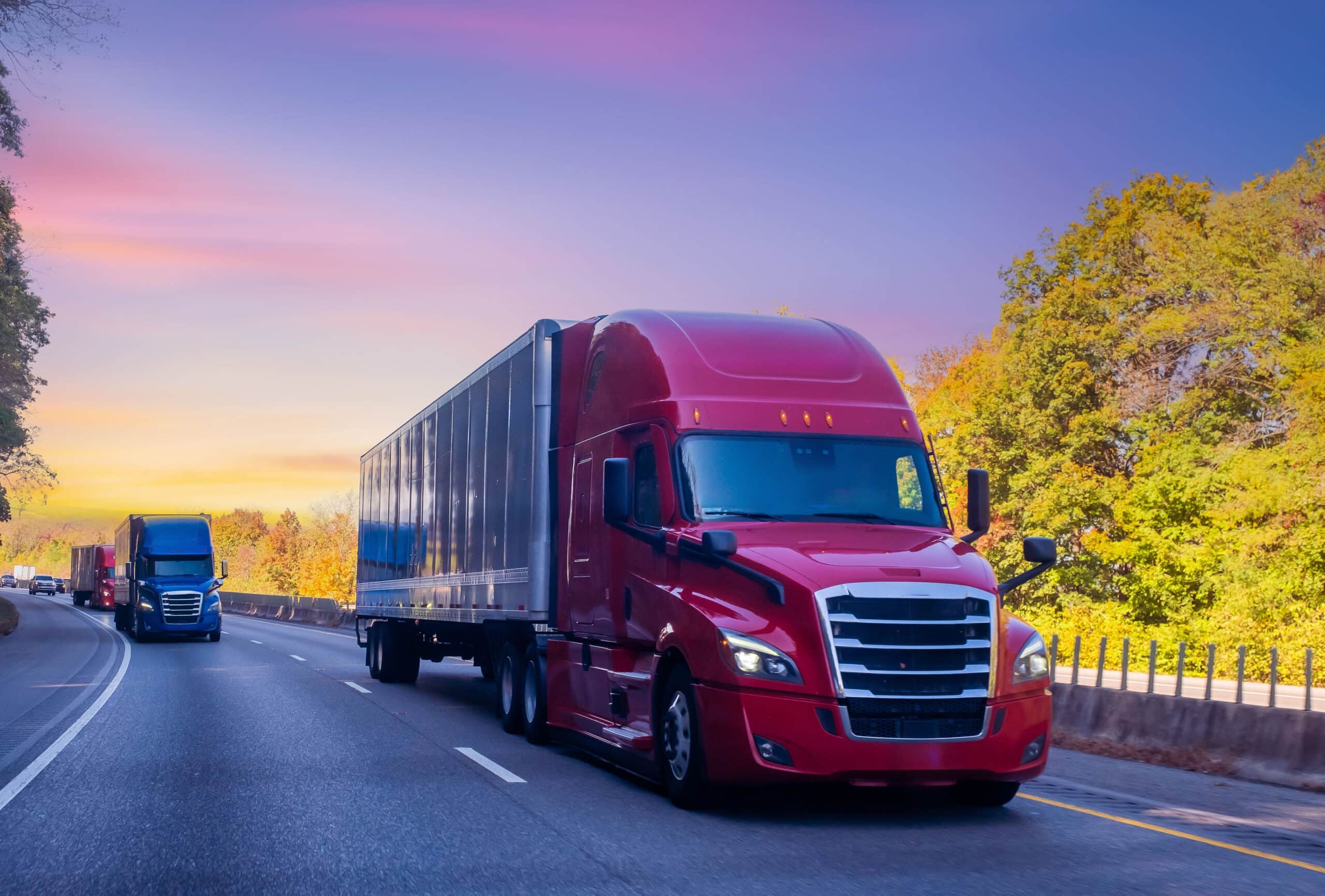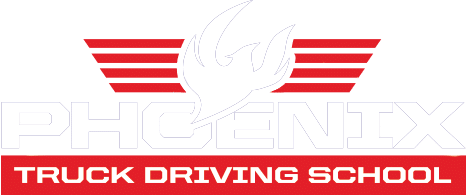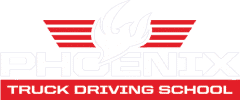Graduating from Phoenix Truck Driving School opens the door to one of America’s most essential and rewarding professions: becoming a truck driver. With your Commercial Driver’s License (CDL) in hand, you can take your career in multiple directions, from local delivery and regional freight to hazmat or tanker routes that require specialized training.
Every mile you drive builds experience, increases your earning potential, and opens opportunities for advancement. This guide will help you explore what’s next after completing your CDL training program in Phoenix.
What Career Paths Can CDL Graduates Pursue?
After completing CDL training or an entry-level driver training course, new drivers can choose from a variety of positions based on their lifestyle, income goals, and scheduling needs.
Some drivers prefer predictable local routes that allow daily home time, while others enjoy regional or long-haul routes that offer higher earning potential and travel opportunities.
Graduates of Phoenix Truck Driving School often begin in entry-level positions that provide paid experience before advancing into specialized and higher-paying trucking sectors.
What Is Long Haul or Over the Road (OTR) Trucking?
Long-haul or over-the-road trucking involves transporting freight across multiple states and spending one to three weeks on the road at a time. OTR drivers gain extensive experience in:
- trip planning
- logbook management
- navigating diverse road conditions
- Department of Transportation (DOT) compliance
OTR trucking is known for strong entry-level pay. Many new CDL holders begin here before transitioning to specialized freight or owner-operator roles as they gain experience.
What Does a Regional Truck Driver Do?
Regional drivers operate within a specific multi-state area, such as the Southwest. Regional routes provide:
- weekly home time
- consistent schedules
- solid earning potential
- valuable miles for career growth
Many CDL graduates choose regional routes as a balance between income and home life, and as preparation for future specialized hauling opportunities.
What Are Hazmat and Tanker Endorsements?
Hazmat (H) and tanker (N) endorsements significantly increase a driver’s earning potential and allow access to high-demand specialized jobs.
Hazmat drivers transport regulated materials such as chemicals, medical supplies, or fuel. Tanker drivers haul liquid cargo using specialized tank trailers.
Earning these endorsements requires classroom training, hands-on instruction, and passing a written exam. Many CDL students pursue these credentials to make themselves more competitive in the trucking industry.
What Are Local Delivery and Short Haul Options?
Local delivery drivers transport goods within a single city or county. These positions often involve stops at:
- warehouses
- retail stores
- distribution centers
- construction sites
Local driving offers predictable schedules and daily home time, ideal for drivers who want steady work without long periods on the road.
Short-haul roles also serve as a gateway to fleet leadership, dispatch operations, or instructor positions later in a driver’s career.
How Can CDL Drivers Advance in Their Careers?
Your CDL is a foundation for lifelong professional growth. As you gain experience, you can advance into:
- CDL trainer or instructor positions
- fleet supervisor or dispatch roles
- specialized freight (oversized, refrigerated, hazmat, tanker)
- owner-operator or small trucking business owner
Many drivers continue training through ELDT programs and advanced industry certifications to expand their qualifications.
Phoenix Truck Driving School also provides job placement support, helping graduates connect with reputable carriers that value safety, professionalism, and skill.
FAQs
How soon can I start working after graduation?
Many students begin working within weeks of completing CDL training. Phoenix Truck Driving School helps match graduates with hiring carriers during and after their program.
Do I need experience to get my first trucking job?
No. Many carriers offer entry-level driver programs designed specifically for new CDL holders.
Which endorsements increase income the most?
Hazmat (H), tanker (N), and doubles/triples (T) endorsements typically offer the strongest earning potential and flexibility.
Can I switch from OTR to local driving later?
Absolutely. Many drivers start with OTR to build miles and experience, then transition into regional or local driving.
What makes Phoenix Truck Driving School a top choice?
Experienced instructors, modern training equipment, fast-track CDL programs, and dedicated job placement support make Phoenix Truck Driving School a trusted choice for new drivers.
